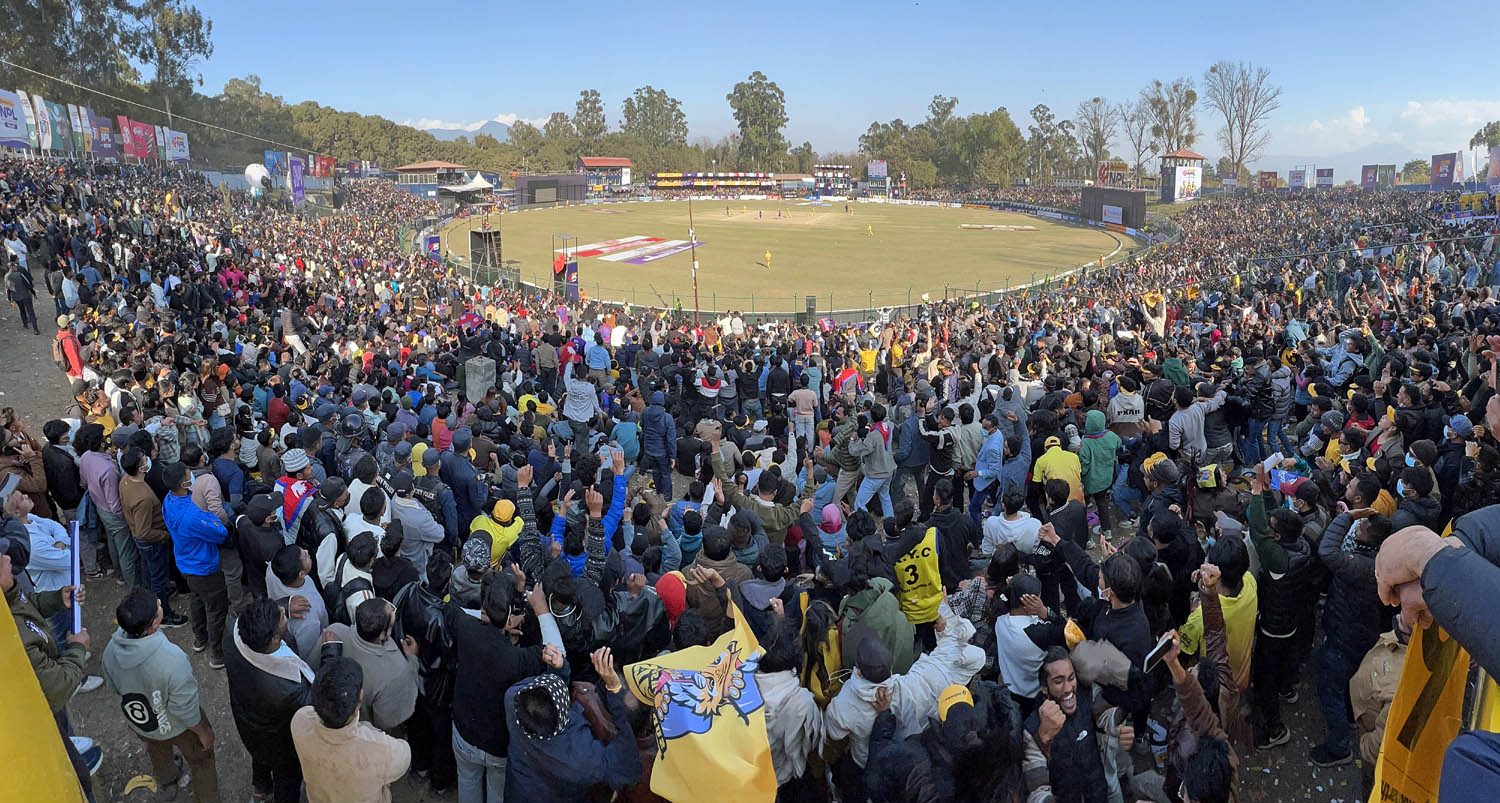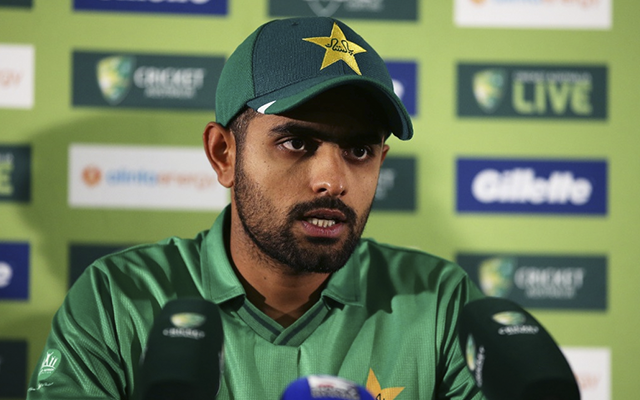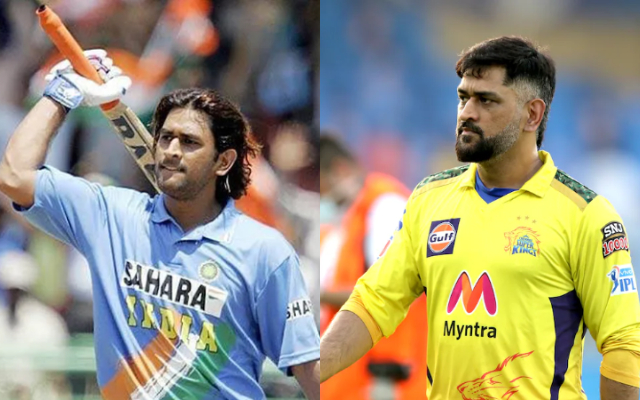CRICKET
2nd Test: Pakistan in driver’s seat

Pakistan look poised to level the series by winning the second Test against hosts West Indies.
The day saw the Windies’ top order fall like a pack of cards against Pakistan’s pace cartel on Day 4.
Shaheen Shah Afridi has led the attack from the front in the first innings, taking out both openers before the day’s play as WI finished at 39/3.
He caught Kieran Powell on the pads and later uprooted WI captain Kraigg Brathwaite’s stump with an inswinger.
Faheem Ashraf dismissed Roston Chase with a gem of a delivery.
With the best batters of the Windies’ line-up back in the hut, all eyes are on Pakistani bowlers now.
Trailing by 263 runs with two days in hand, Babar Azam’s men have the opportunity to enforce follow-on by wrapping up the hosts early on Day 4.
Fawad Alam conquers the Caribbean
Fawad Alam has been on a remarkable run ever since his comeback. He came to bat at 2/3 with captain Babar Azam and went unbeaten on 124* when Pakistan declared the innings at 302/9.
The lefty registered his fifth Test ton playing in only his 13th game.
Alam has become the sixth Pakistani to score a ton at Sabina Park.
The 35-year-old has beaten the likes of Cheteshwar Pujara, Sourav Ganguly and Sunil Gavaskar to become the fastest Asian to make five centuries.
It took Alam only 22 innings to achieve the milestone.
At the end of the day’s play, the Pakistani batsman reflected on the tricky Carribean conditions that forced him to declare his batting on Day 3.
“It was challenging. The conditions weren’t easy on Day 1, the heat, it was humid and hot. And we were 2 for 3 so we needed to come back, had to build partnerships,” he said.
“That’s what I and Babar did on the first day. I am very happy right now. Whenever you score a century for your country, you feel proud and that’s exactly what I’m feeling right now. I make things very simple.
“My dad always motivated me and told me to just perform and my time will come one day. I just waited for my time and kept focusing on performing.”
Even former WI captain Jason Holder was all praise for Alam’s determination and patience.
“Fawad showed us how to play, very patient. That partnership between him and Babar was very crucial,” Holder said.
Seales continues to impress
Jayden Seales is only 19, but his bowling makes him look like a veteran pacer.
The teenager has carried on his good form in the second Test as well.
He was declared Man of the Match in the first Test for his eight wickets and to help WI cross the line.
His crucial stay at the crease with Kemar Roach won Windies the game by a wicket.
Seales shared three wickets apiece in the second Test with Roach.
The right-arm pacer dismissed opener Imran Butt, Faheem Ashraf and Shaheen Afridi.
Holder talks ground conditions
The day’s play came to a halt soon after both teams entered the day, primarily because there was a huge damp patch in way of bowlers’ run-up.
“Start of play, it was quite wet still. The surface was quite unstable. When I walked through I could feel the ground shifting, and running through was very hard. As I ran wider, it was easier on the foot. The surface wasn’t as loose,” the former WI captain said.
“Generally I was pretty happy with the way I bowled, consistent as usual. Would have liked a few more wickets upfront, but didn’t happen.”
Pakistan 302 for 9 dec & 176 for 6 declared lead West Indies 150 (Bonner 37, Blackwood 33, Afridi 6-51, Abbas 3-44) by 328 runs
BIG NEWS
Nepal Premier League Becomes a Watershed Moment for Nepali Cricket

The NPL has become a watershed moment for Nepali cricket, elevating the sport to new heights. With its success, the league has brought national and international attention to Nepali cricket, attracting a broader fan base and better sponsorships.
This landmark event showcases the immense talent present in Nepal and provides a platform for local players to shine. The league has paved the way for a new generation of cricketers to gain recognition and advance their careers in the sport.
The NPL has also given Nepali cricket more global exposure. International players joining the league help raise the level of competition, further inspiring the local players. The league’s popularity continues to grow as it evolves and promises to be a cornerstone of Nepali cricket in the years to come.
As the league progresses, it is expected to inspire future stars and increase the overall development of cricket in Nepal. Fans eagerly follow every match, enjoying the thrilling action and supporting their favorite players and teams.
In conclusion, the Nepal Premier League has transformed Nepali cricket, setting the stage for future growth. This momentous development will surely lead to even greater success for Nepali cricket on the international stage.
The NPL has also sparked interest in domestic leagues across emerging cricket nations. It serves as a model for other countries to develop their cricketing infrastructure and provide young talent. As the NPL continues to grow, it is expected to play a vital role in shaping the future of Nepali cricket.
Fans have embraced the tournament, creating a sense of national pride. The NPL’s rise reflects the growing global interest in domestic cricket leagues and their role in nurturing future talent. It’s a significant milestone for Nepali cricket, ensuring that the sport will continue to evolve in the coming years.
BGT
Simon Katich Criticizes George Bailey’s Call to Axe Nathan McSweeney from Australian Team

Simon Katich has sharply criticized George Bailey’s decision to drop Nathan McSweeney from the Australian team. Simon Katich believes this call was a poor decision, especially after McSweeney’s consistent performance. Bailey’s choice has sparked discussions about the selection process and the reasoning behind it.
McSweeney’s exclusion has raised eyebrows, with many questioning why a player with such promise was dropped. Katich, in particular, feels that Bailey’s decision to axe McSweeney is questionable, especially when compared to the struggles of other top-order batters. Both teams in the recent series have faced challenges with their top-order batting, but the Australian selectors decided to make this change.
Katich’s comments reflect growing concerns about the selection strategy and the impact of dropping McSweeney. He pointed out that many players have struggled with their form, yet McSweeney was chosen to be left out. This, Katich argues, highlights the inconsistency in the decision-making process.
Top-order batters in both teams have faced difficulties, with neither side managing to produce consistent runs. Despite these struggles, the decision to remove McSweeney has left fans and experts questioning the rationale behind the move. Some believe that dropping McSweeney might have been premature, given the form of other players.
Katich’s criticism brings attention to the broader issue of player selections in international cricket. As teams prepare for future series, these decisions are likely to influence the direction of Australian cricket. The focus now shifts to how Bailey and the selectors will handle similar challenges in upcoming matches.
The debate continues, with many calling for more transparent and consistent decision-making regarding player selections in international cricket.
BGT
Steve Smith and Travis Head Address BCCI’s Influence in Cricket

Steve Smith recently commented on BCCI’s influence in cricket, sparking debates about its significant role in global governance. During a media interaction, Smith remarked that the International Cricket Council (ICC) appears less powerful than the Board of Control for Cricket in India (BCCI). This statement drew attention, prompting Smith to clarify his intentions quickly.
Smith acknowledged that the BCCI holds a dominant position in cricket due to its financial and organizational contributions. He pointed out how the Indian board influences key decisions that shape the sport. However, Smith softened his tone, emphasizing that his comments were not meant as criticism of either the ICC or the BCCI.
Travis Head, Smith’s Australian teammate, also addressed BCCI’s influence in cricket. Head humorously referred to the Indian board as “rulers,” recognizing its ability to set global standards in cricket. He highlighted the board’s pivotal role in defining policies and establishing benchmarks for the sport.
These remarks have reignited discussions about power dynamics in international cricket. Critics argue that the BCCI’s financial clout often overshadows smaller cricketing nations. They believe this imbalance can hinder fair representation in decision-making. On the other hand, supporters emphasize the BCCI’s critical role in expanding cricket’s global reach and popularity.
As India hosts the ICC Cricket World Cup, the spotlight remains on the BCCI’s influence in cricket. The board’s central role in shaping schedules, policies, and trends continues to drive conversations about equity in the sport. Smith and Head’s remarks reflect ongoing concerns about maintaining fairness and inclusivity in global cricket governance.
Their comments underscore the need for balanced representation to ensure a fair future for cricket.
-

 FILMY1 year ago
FILMY1 year agoWATCH: Tripti Dimri shocks audiences with daring nude sequence in Ranbir Kapoor starrer ‘Animal’
-

 BIG NEWS2 years ago
BIG NEWS2 years agoRiva Arora, aged 12, romances with Karan Kundrra in viral video
-

 BIG NEWS2 years ago
BIG NEWS2 years agoMeet the sexiest female golfer ever!
-

 LATEST2 years ago
LATEST2 years agoThe sexiest tennis star on the planet. Do you agree?
-

 CRICKET1 year ago
CRICKET1 year ago‘Bloody dump captain’ – Former Pakistan cricketer lashes out at Babar Azam and staff for mismanagement of fast bowlers in Asia Cup 2023
-

 FILMY1 year ago
FILMY1 year agoWATCH: After Tripti Dimri, Rashmika Mandanna’s intimate scene with Ranbir Kapoor in ‘Animal’ goes viral on internet
-

 CRICKET1 year ago
CRICKET1 year agoTop 10 hairstyle of MS Dhoni from 2007 to 2023
-

 FILMY1 year ago
FILMY1 year agoDid you know Simi Garewal dated India’s iconic industrialist Ratan Tata? Know more about this










